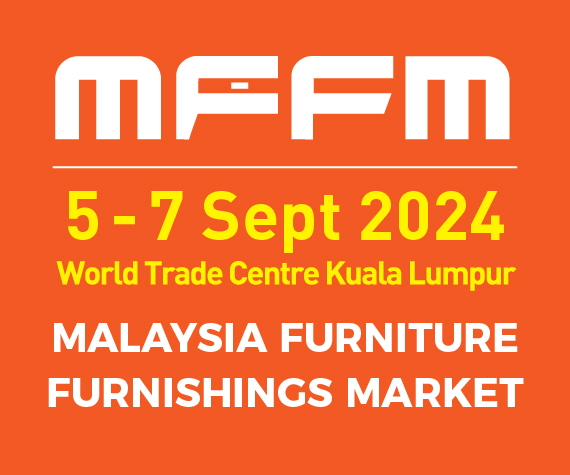On September 29, Berlin hosted the inaugural “Central Asia – Germany” summit, chaired by Federal Chancellor of Germany, Olaf Scholz. The summit was a groundbreaking event, bringing together leaders from Central Asia, including the presidents of Uzbekistan, Kazakhstan, Kyrgyzstan, and Tajikistan, with Turkmenistan represented by the Chairman of the People’s Council.
The summit’s agenda focused on broadening trade, economic, and cultural-humanitarian ties, alongside discussions on “green” energy initiatives, climate change adaptation, and regional environmental and natural resource protection. The leaders also explored strategies for ensuring stable and sustainable development across Central Asia.
A key highlight was the economic engagement between Germany and Central Asia, with regional trade hitting the $11 billion mark last year. Kazakhstan, claiming over 80% of this trade volume, expressed readiness to expand its non-raw material exports to Germany significantly, amounting to an additional $850 million.
Following discussions with Kazakhstan’s President Kassym-Jomart Tokayev, Chancellor Scholz reiterated Germany’s commitment to enhancing trade and investment conditions, highlighting Kazakhstan as Germany’s most significant trading partner in the region. Tokayev advocated for unrestricted trade and criticized politically motivated sanctions, emphasizing the need for constructive diplomacy to foster international cooperation.
At a concurrent economic forum in Berlin, Uzbekistan’s President Shavkat Mirziyoyev proposed hosting a Central Asian exhibition of high industrial technologies from leading German manufacturers in Uzbekistan. He highlighted the region’s vast potential for German businesses and the importance of developing efficient routes connecting Central Asia with Europe.
Kyrgyzstan’s President Sadyr Japarov addressed the disruptions in traditional supply chains and expressed hope for EU support in diversifying trade and economic ties. He also encouraged investments in renewable energy and “green” projects within Central Asia.
Tajikistan’s President Emomali Rahmon discussed the need for creating regional production chains and expanding export capabilities, emphasizing easier access to the European market and the development of effective transport and logistics corridors.
Turkmenistan’s representative Gurbanguly Berdimuhamedov expressed readiness to expand partnerships across various sectors, supporting the initiative to create a new multilateral cooperation format.
Implications for the Furniture and Home Goods Industry
This enhanced cooperation between Central Asia and Germany could open up significant opportunities for the furniture and home goods industry in the region. The focus on developing “green” energy and improving trade routes can lead to more sustainable manufacturing practices and efficient logistics, respectively. Central Asian furniture manufacturers might find new opportunities in exporting to European markets, particularly Germany, which remains a key player in global trade.
Additionally, the proposed high-tech industrial exhibition could introduce advanced German manufacturing technologies to the region, potentially elevating local production standards and opening up further opportunities for innovation in furniture design and production.
Business leaders in the furniture and home goods sectors should closely monitor these developments, as the increasing economic integration and emphasis on sustainability could redefine market dynamics and consumer expectations in the near future.




